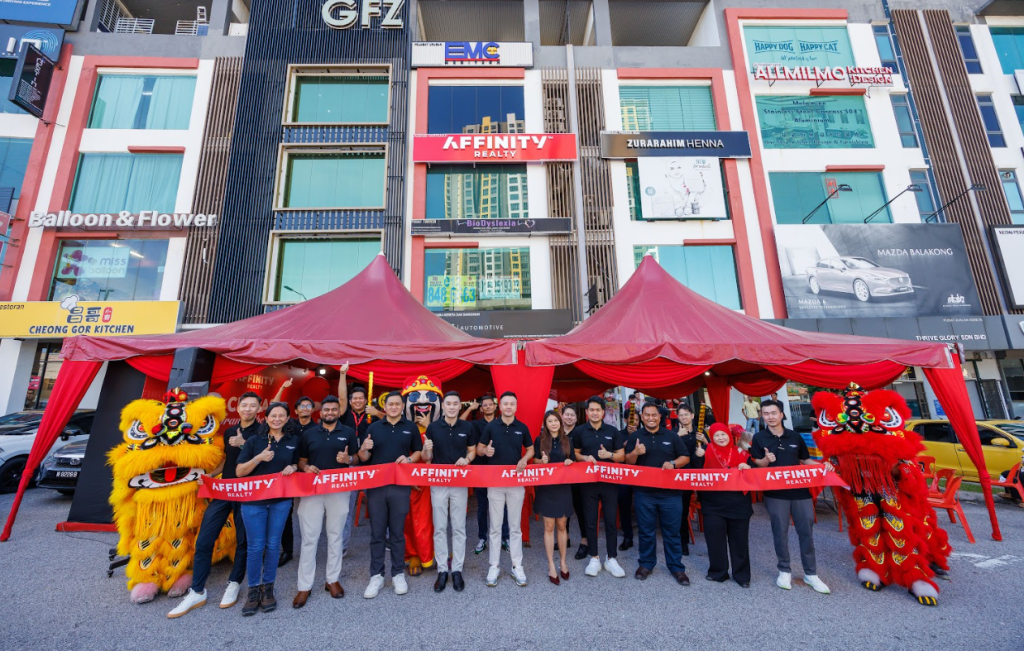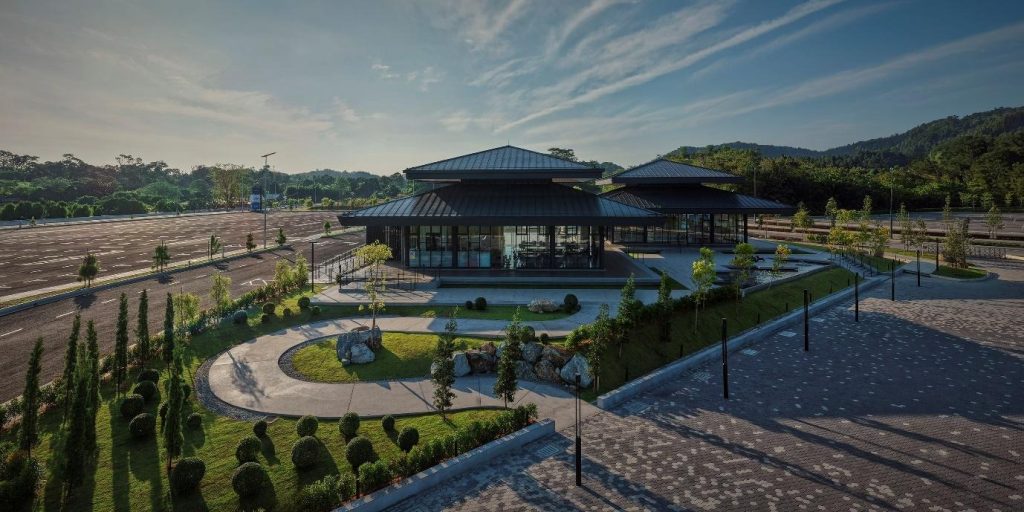This industry is not without its own challenges
Contributed by Sulaiman Saheh
After more than two years post-pandemic, the co-working scene that had gained much attention and demand in conjunction with the rise of remote and flexible working styles continues to see new spaces opening across the nation. This year alone, we saw announcements from three different co-working providers on their respective expansions. WORQ had its 8th outlet open in January 2024, located within Sunway Putra Mall. Co-Labs Coworking under Paramount Corp Bhd saw its 7th outlet opening in Damansara Heights while INFINITY8 is looking to launch their 7th co-working space in Penang which will mark the latter’s first venture into the Northern region alongside three more in the pipeline.
Notwithstanding the new openings, the co-working space industry is not without its own challenges as we saw some closures and downsizing. Malaysian-founded Colony@KL Sentral ceased operations in 2021 while Singapore-based co-working space operator Found8 closed their KL Sentral office in 2022. Both were attributed to the pandemic. The co-working culture was growing as a mainstream alternative to conventional office spaces as it provides the essentials for a quick set-up with the necessary facilities plus the ingrained collaborative culture in its design. Facing this unique offering, owners of conventional office spaces have begun to keep up to provide an office environment that promotes co-working culture, especially within the newer spaces in the market. Furthermore, cafes and modern bookstores have slowly evolved to provide a transit working space as an alternative working spot aside from co-working spaces. These have created some added competition within the co-working industry.
Why co-working spaces?
One of the significant benefits of co-working spaces is the flexibility in financial and commitment periods. This is especially relevant for smaller teams like a specific project team on a short to medium-term assignment and individuals within the gig economy. Shared spaces are often offered on a short-term basis, going as short as per day to as long as per year. This helps cut the cost to a shorter term and makes relocations possible with relative ease. This budget-friendly option is made even more appealing with the ready-on-hand amenities offered to the customers and aesthetically pleasing space design.
Particularly for individuals working from home or freelancers, co-working spaces provide a space that is outside of one’s home space and within a community of co-working peers. This creates opportunities for networking and sharing, especially for parties with the same or related industries, and even for recruitment and talent-poaching.
Furthermore, co-working spaces allow flexibility for manpower growth in a team, be it in a number of desks or rooms. Usually when planning for a traditional office lease, companies have to allocate additional space for future growth and incorporate it into their leased space. This may be tricky for industries with frequent changes in employment structure or on demand-upon-job-assignment basis. This is particularly true within the gig economy for small start-ups or satellite offices until the business matures to a point with sufficient scale.
Is it workable for everyone?
Underlining the demand for co-working space is cost efficiency and scalability. Renting a co-working space from a price per unit area angle is typically more expensive every month. However, when adding the indirect costs of setting up, renovation, fitting and furnishing as well as the total commitment over a longer period, it becomes more cost-effective and makes financial sense. Nevertheless, when a company grows alongside its demand for space, the practicality of co-working space arrangement diminishes. While the benefit of occupying a co-working space is the readily available amenities, there is still the element of sharing to be considered which may disrupt a company’s workflow due to having to wait in line amongst other users.
In addition, there is also corporate privacy that needs to be addressed. Information discussed that is private and confidential requires additional security measures as you are working amongst strangers in open areas, having your private suite next to a potential competitor or even having a boardroom meeting with private guests. This is not only applicable to physical discussions but also to phone and video calls. Hence, the established co-working operators will invest in network and web security, floor layout designs and sound insulators to reduce risks of leaks and rumours for their customers or tenants. This also becomes one of their key selling points over other establishments. Ultimately, the need depends on the users and there would be some who are satisfied with the setting while others may deem it as less than ideal.
From a company’s perspective, being in a shared space may impede the establishment of your own company culture or corporate image as you are in operation amongst other co-working peers. Recruitment will also prove tricky as the image of a temporary office may signal to some as a sign of impermanence and can be interpreted as lacking job security - although this is arguably changing fast in today's environment. This may also extend to potential clients, collaborators or investors who may factor in permanency and legitimacy when making business decisions. Adding on, the customisation of office space is also more limited in a co-working environment.
Maintaining an edge over rivals
As people are now back on the move and seeking more socially-oriented physical experiences, cafes and contemporary bookstores have gained recognition as alternative working spaces for nomadic workers seeking a more hip working environment. In the case of cafes, though the practice isn’t particularly new, the growth of cafe establishments in Malaysia has noticeably gained traction. From small, independent coffee houses to multi-chain local and international brands entering the café scene in recent years, these beverage establishments are utilising the working space function as one of their selling points in attracting customers. Features such as free wifi, multiple power outlets and suitable seating arrangements are now commonly seen in larger cafes within main commercial areas. Additionally, bookstores too have evolved to more than just a place to buy books. Places like BookXcess in MyTOWN Shopping Centre and Elite Spectrum in Starhill Gallery are not only selling books but also a whole experience. Amidst the tall shelves and stacks of books for browsing and sale, seating areas complete with working desk space and power outlets are retrofitted in between – thus creating a library-esque type of ambience.
Ultimately, no commercial venture is without its oversupply risk. Development of niche concepts and demand-driven spaces can also run such risk as trends in real estate typically take longer time and involve multiple approval procedures while demand is ever swiftly changing in a digitalised world. Supply needs to match demand even for a good thing. We can learn from the downfall of the global co-working chain, WeWork. Once listed as the top valuable US startup with a value of $47bil, the flexible workspace provider was crippled by a large debt pile caused by an overly optimistic prediction of office space demand by cost-conscious customers. Its downfall was due to the swift expansion, ending in a situation where demand did not live up to the expansion hype and thus resulted in massive losses. This then became a lesson for many on why premature growth can backfire as demand may not evolve to our expectations.
For the Malaysian market, the concept of co-working spaces is relatively new and is still growing. It provides an option to the market, especially with its convenience, flexibility and collaborative concept that is made even more appealing with the aesthetically pleasing space design. Growth is expected to continue especially in major urban centres with a relatively untapped market. Nevertheless, with higher awareness of such benefits to the concept, owners of conventional office spaces have begun incorporating similar designs and concepts into their office layouts. This adaptation plus the adoption of co-working spaces into other space uses like retail, cafes and bookstores have created a more competitive landscape for this segment. It is hoped that growth in co-working spaces, as an industry, will be demand-driven, hence fostering sustainable growth into the future.

Sulaiman Saheh is the director of Research at Rahim & Co International, a real estate consultancy firm in Malaysia. If there are any inquiries, please email sulaimansaheh
@rahim-co.com.
Stay ahead of the crowd and enjoy fresh insights on real estate, property development, and lifestyle trends when you subscribe to our newsletter and follow us on social media.












































